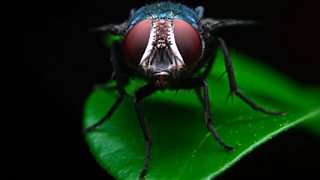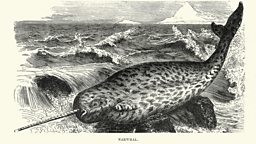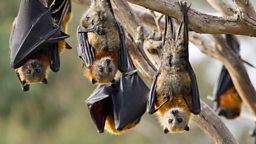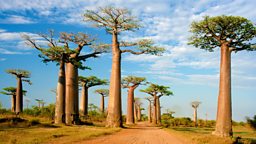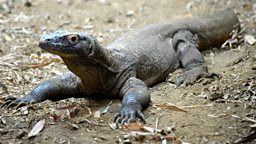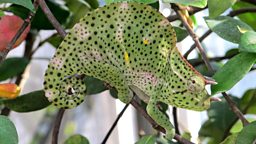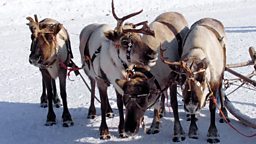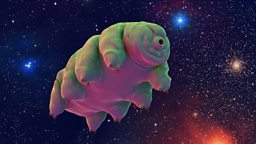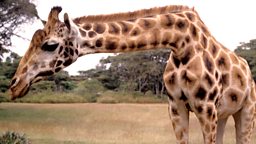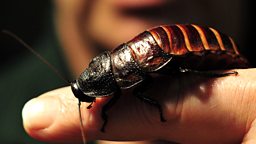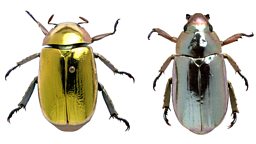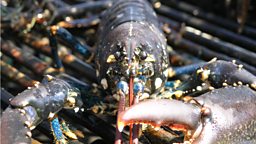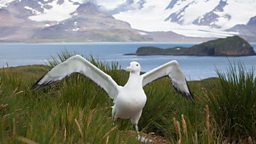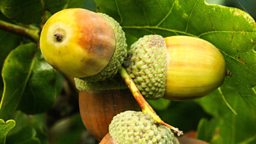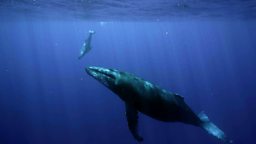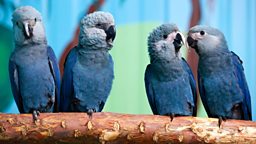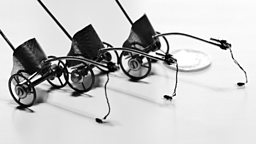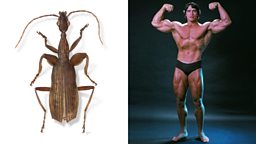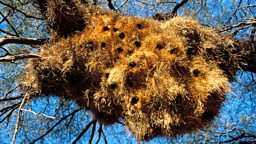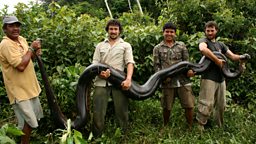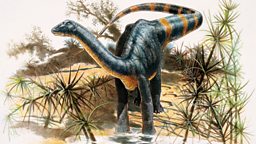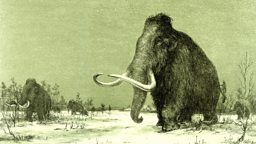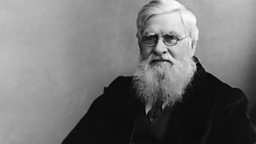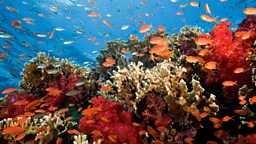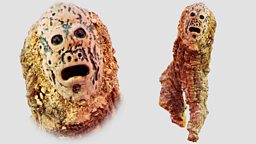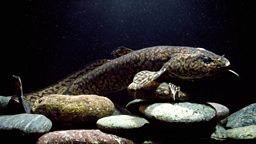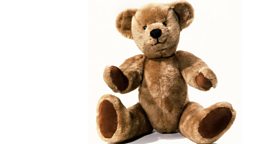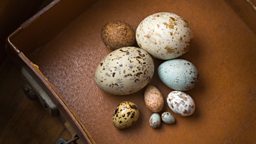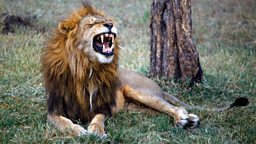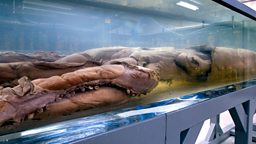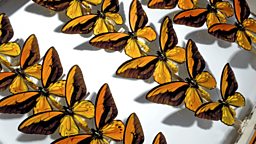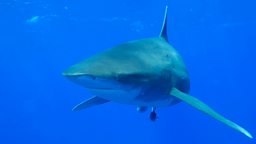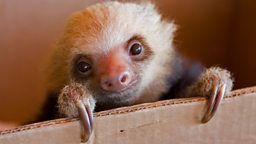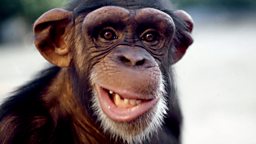Swat up: Six reasons to love flies
They buzz and bother us but have also taught us much about who we are. Here are six reasons to respect, if not love, the .
1. First creatures in space
In February, 1947, American scientists launched a group of fruit flies into space.
The flies climbed 42 miles from Earth as part of research into the effects of radiation at high altitude. They were ejected in a container that parachuted to the ground. When they landed scientists found them to be in perfect health.
Fruit flies are still being sent into space to be genetic models for astronauts because humans and fruit flies are surprisingly similar.
2. Nature’s detectives
Flies help investigators establish the time of death of a body because the various stages of decomposition attract different insects at different times.
One of the first insects to settle into a freshly dead body is the blowfly. They have an acute sense of smell that allows them to find decomposing matter from miles away.
Female blowflies arrive within minutes to lay eggs. These eggs hatch into maggots within 24 hours. Within days they have gone through six stages and become fully-grown adult flies.
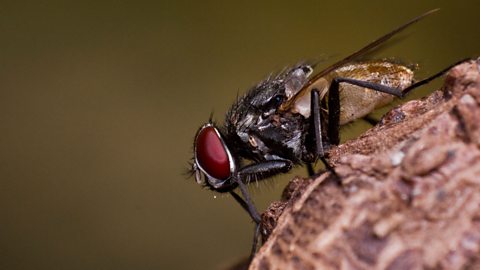
How flies help pinpoint someone's time of death
How the life cycles of blowflies help work out when someone died.
3. Flying aces
Flies are the fastest insects on the planet.
Horse flies are the best flyers and are able to reach 90mph. They have a pair of structures called the haltares which allow them to fly upside down, rotate mid-air and bank 50 times faster than any other insects.
Up against skills like those, we should perhaps feel sorry for the species of fly suffering an identity crisis because they can't fly. Some types of fly don’t have any wings at all.
4. No flies = no chocolate
All the chocolate we eat comes from the seeds of the cacao or cocoa tree. Its flowers are small and require tiny pollinators. This is where flies come in.
Chocolate midges are no bigger than the size of a pinhead. They seem to be the only creatures that can work their way into the flowers to pollinate them.

5. Natural born recyclers
Whether it’s cowpats or dead bodies, flies recycle waste into the ground. Naturalist Peter Marren says this makes them the most valuable insect.
"Without houseflies and bluebottles and other types of fly, we would simply fill up with corpses and other filth. We would drown in filth," he says.
6. Nobel Prize winners
Fruit flies have helped scientists win four Nobel Prizes in Physiology or Medicine.
- In 1933, Thomas Hunt Morgan won a Nobel Prize for his work on genetic inheritance. His research on mutations in fruit flies led to the theory that genes were carried on chromosomes and passed down through generations.
- Hermann J. Muller was awarded a Nobel Prize in 1946 for his discovery using fruit flies that X-rays can cause genetic mutations.
- In 1995, Edward B. Lewis, Christiane Nüsslein-Volhard and Eric F. Wieschaus won a Nobel Prize for their studies into the genetic control of early embryonic development. They used fruit flies in their research.
- Most recently, Jules A. Hoffman and Bruce Beutler won a Nobel Prize in 2011 for studies into immunity using fruit flies.
-
![]()
Brett Westwood explores how flies have buzzed in our imagination but have also taught us much about who we are.
